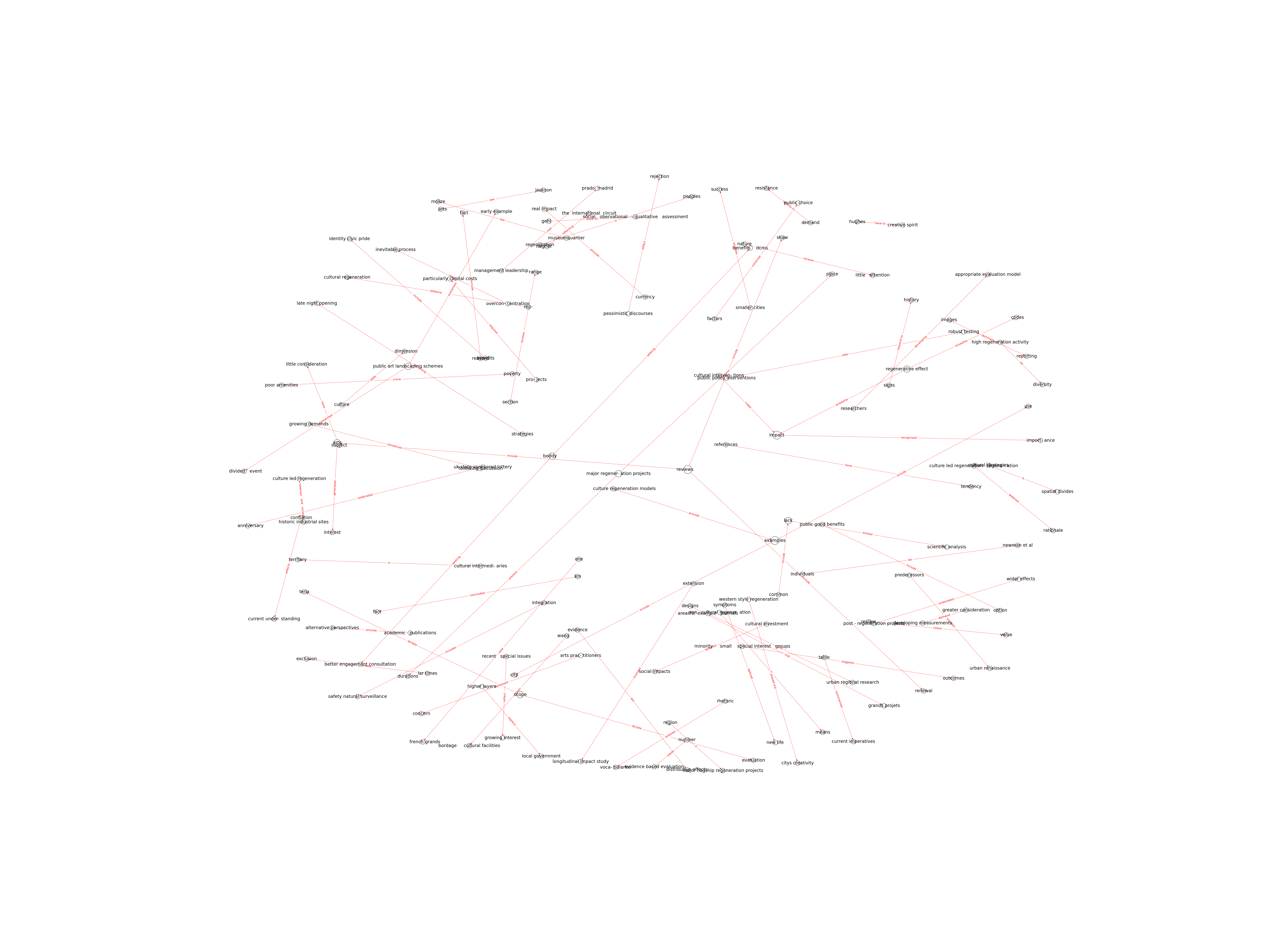| Id | 107 | |
| Author | Evans, G., | |
| Title | Measure for measure: evaluating the evidence of culture’s contribution to regeneration. | |
| Reference | Evans, G. (2005). Measure for measure: evaluating the evidence of culture’s contribution to regeneration. Urban Studies, 42, 5/6: 959‑83. |
|
| Keywords | Cities; Culture-led regeneration; Impacts; Evidence-based evaluation |
|
| Link to article | https://doi.org/10.1080%2F00420980500107102 |
|
| Abstract | ;Culture-led regeneration, as it has come to be known, is now a feature of cities—old
and new—as they seek to revive former industrial and waterfront sites and city centres, and
establish themselves as competitive cities of culture. At the same time, the rationale for cultural
input to area and neighbourhood regeneration has been extended to include quality of life, as
well economic outcomes. The evidence of how far flagship and major cultural projects
contribute to a range of regeneration objectives is, however, limited. Measuring the social,
economic and environmental impacts attributed to the cultural element in area regeneration is
problematic and the ‘evidence’ is seldom robust. The paper reviews both evidence and the
indicators used to measure impacts and concludes with an assessment of how and why gaps in
evidence persist. |
|
| Metodology | Review of relevant literature and case studies |
Technique | Document analysis; Literature review; Case studies |

Note: Due to lack of computing power, results have been previously created and saved in database


